The Clink is the oldest prison in Great Britain (11 photos + 1 video)
England's oldest prison, and the country's most notorious, belonged not to a monarch, but to the Bishop of Winchester. Why would a bishop, a man of God, need a prison at all? 
To house heretics, of course. In later years, the Clink, as the prison was called, housed debtors and miscreants. It is believed that its name came from the sound the metal made when the prison doors were bolted, or from the clanking of the chains the prisoners wore. 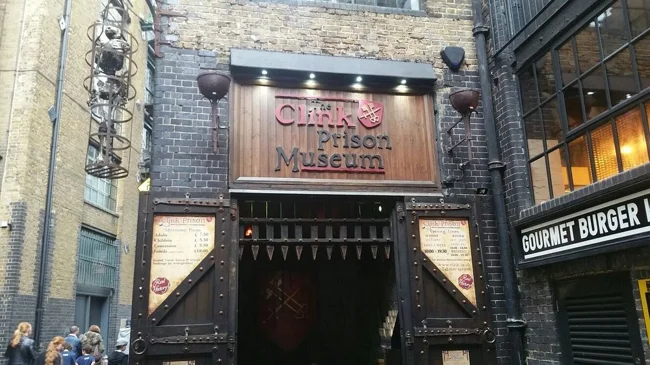
The Clink was founded on the south bank of the Thames around the mid-12th century. The lands were granted to the Bishop of Winchester by the new Norman kings. Although the lands were in Surrey, they were not under the jurisdiction of the High Sheriff of the county and were administered by the Bishop of Winchester, who was usually either the Chancellor or Treasurer of the King. 
In 1109, William Gifford, Bishop of Winchester, ordered the construction of Winchester House. This palace served as a residence for bishops when they were in London for over 500 years. The palace contained several cells in which monks, priests, and other clergy who had broken church laws were held. These cells were necessary because clergy were immune from punishment under civil law. It was therefore the responsibility of the bishop to punish such offenders. 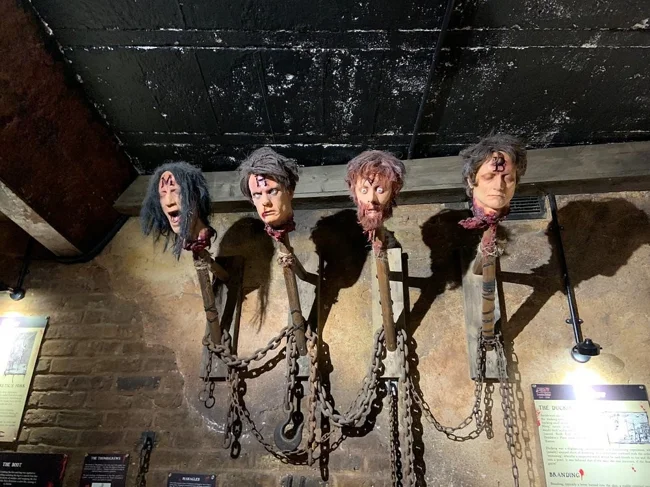
By law, the archbishop was allowed to administer several forms of punishment, such as flogging, solitary confinement, and being given only bread and water, which led to severe malnutrition and eventually death. 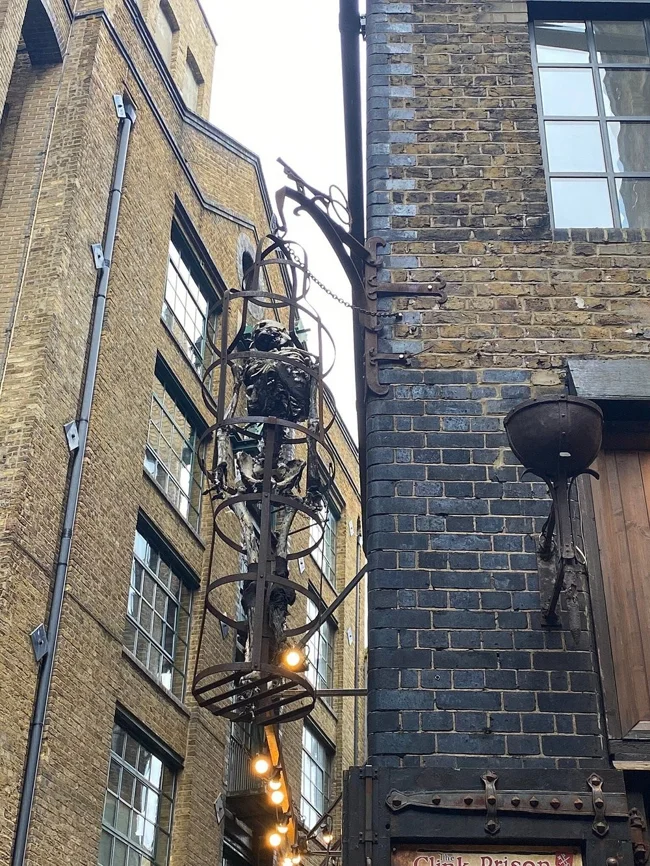
Over time, Klink became notorious for the intricate tortures she inflicted on her prisoners. A popular method was to use shackles and irons to keep prisoners awake. Another form of punishment was to stand in water until their legs began to be covered with sores. 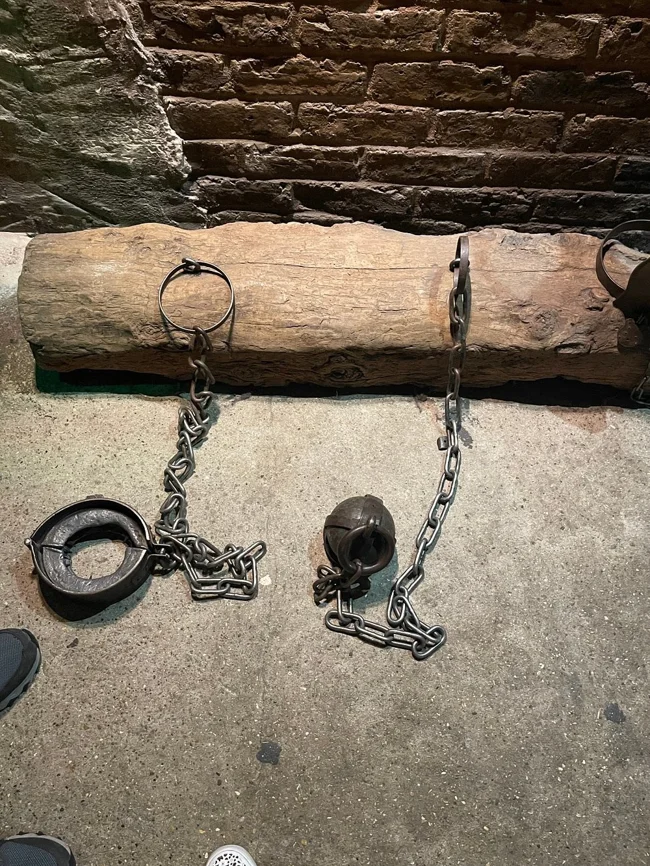
In general, prisoners were treated very harshly. But it was possible to buy a few basic comforts by bribing the jailers, who would rent out the best cells, beds, bedding, candles and fuel for money. Food and drink cost twice as much as outside. For a fee, prisoners were allowed to go outside to beg or even work. Corruption was so widespread that it was possible to run a brothel from the inside, with the money going to the jailers. Money also allowed privileged prisoners to avoid the whipping post and other torture and humiliation. 
Unsurprisingly, Clink was hated by the townspeople, so when rioters protesting the recently passed Statute of Labourers turned violent, some of them attacked Winchester House, freed the prisoners and killed the clergy. The rioters then burned the prison. After the uprising was suppressed, Winchester House was rebuilt and expanded, and a new, larger prison was built. 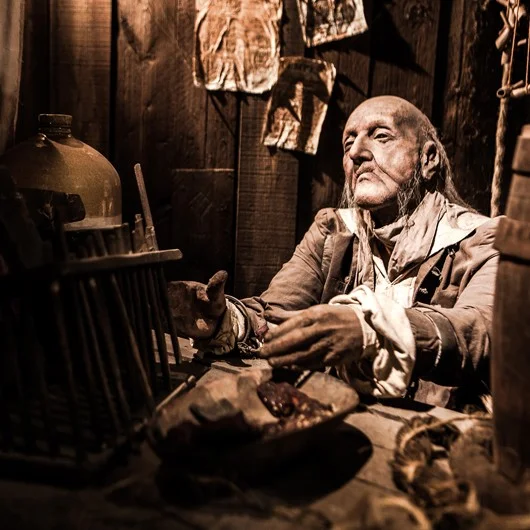
When Mary I came to the throne in 1553, she used the Klink to imprison Protestants. The unfortunates were kept in stocks and on posts and starved. Those who did not die of starvation were later executed.
When Queen Elizabeth came to power, she continued to use the prison for religious persecution, but this time it was Catholics and Puritan Protestants who were targeted. In 1584, the Puritans were planning to overthrow the church. When Elizabeth learned of this, she ordered the harshest measures to be taken against them, and dozens of Puritans were starved to death. Some of the survivors later sailed on the Mayflower to the States in 1620. 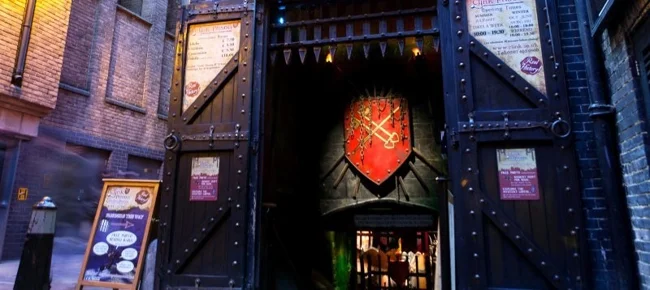
In 1649, Winchester House was sold to a developer and divided into shops, tenements, and dye works. The Clink remained, but it was now primarily a debtors' prison. The cage hanging outside was removed when debtors complained about the high cost of keeping it, but the whipping post remained in use. By the early 18th century, the prison and stocks were out of use due to the high cost of keeping it, and by 1732 there were only two registered prisoners. The prison finally burned down in 1780. 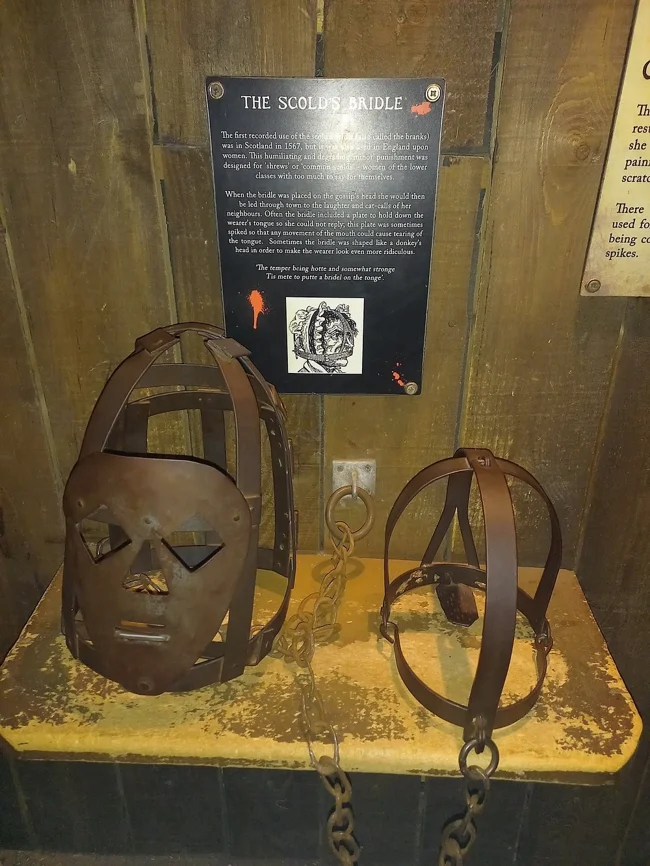
During its long history, it has held many historically significant figures. Among them are Sir Thomas Wyatt the Younger, who led a rebellion against Queen Mary I, and John Rogers, who translated the Bible into English from Latin during the reign of the aforementioned Catholic queen. 
The site of the former prison is now home to the Clink Prison Museum.





















